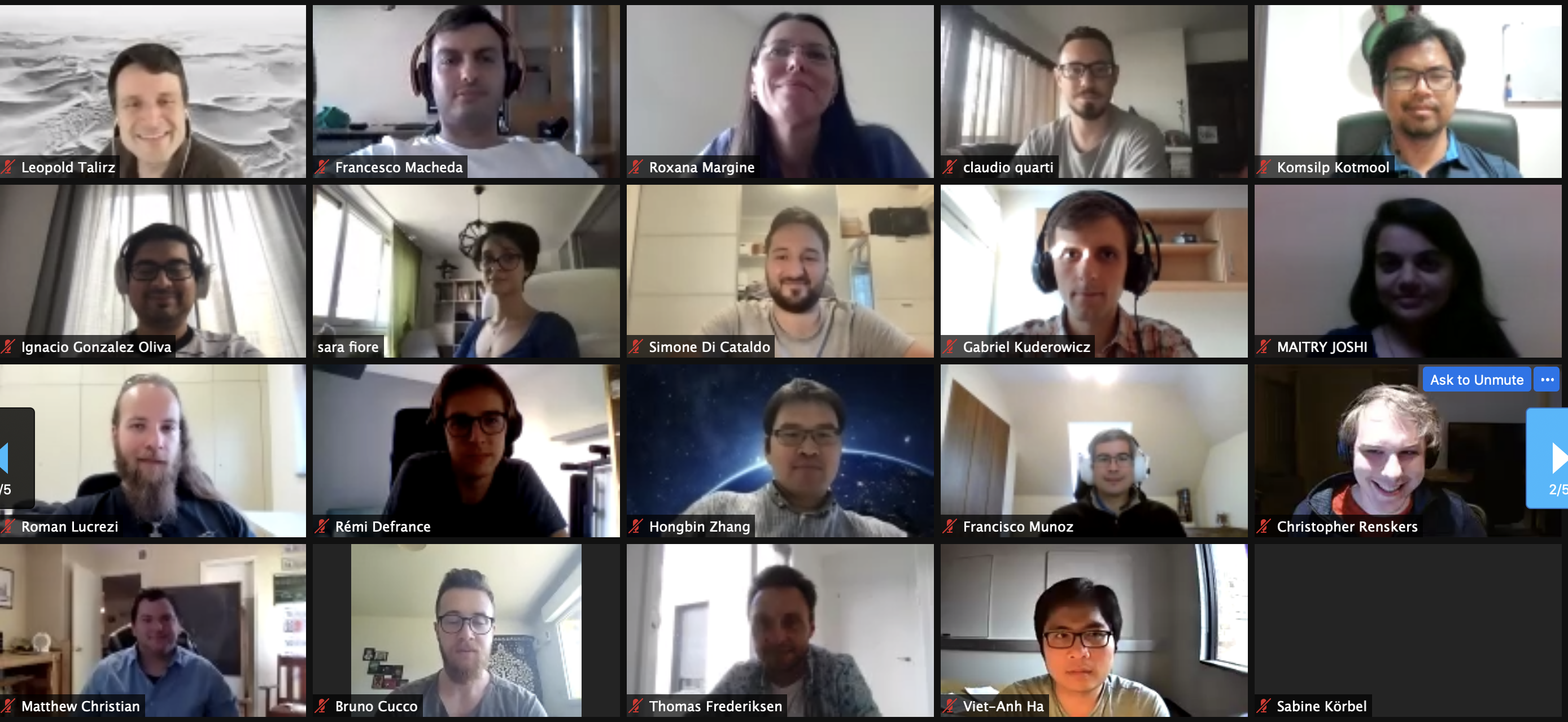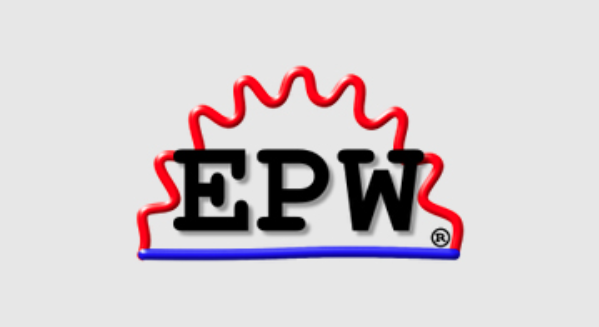Forced to move his program online by the pandemic, Dr. Feliciano Giustino and the Center for Quantum Materials Engineering at UT Austin turned a compromised summer school itinerary into a huge success.
For many, quarantine and social distancing have turned our working lives into an endless Zoom meeting, a feature of remote work that will not be missed. However, adversity can bring out the best in situations as Feliciano Giustino, quantum materials alchemist at the Oden Institute, has shown.
With no other choice but to move the event - a workshop focused on the physics of electron-phonon interactions – online, Giustino and his co-organizers had to figure out how to adapt the anticipated in-person event to a virtual platform.
“Our aim was to help train graduate students, postdoctoral scholars, faculty members, and research scientists worldwide in the latest approaches in physics to electron-phonon interactions and its application to developing novel materials,” said Giustino, who is a Professor of Physics at UT's College of Natural Sciences.
Funded through the NSF and DOE, Giustino and his co-organizers - Emmanouil Kioupakis at the University of Michigan Ann Arbor; Elena Roxana Margine at the University of Binghampton; Samuel Poncé at the Ecole Polytechnique Federale de Lausanne, as well as Hyungjun Lee and Annecy Liddell (Oden Institute) - announced the 2021 Virtual School on Electron-Phonon Physics and the EPW Code at the end of March 2021, set the application deadline for May, and advertised through social media and email to students and colleagues working on electronic structure theory and computational materials science worldwide.
“It was great. We received 195 applications from 38 countries,” he said. “The event was originally planned for 50-70 participants but, given the large number of applicants, we ended up admitting 158 people.”
Add the nine instructors and 10 Teaching Assistants (TA) on board, and they had a total of 177 participants — double the amount that was originally planned.
The workshop also generated 900 pages of lecture slides, tutorial sheets, and exercises, as well as 16 hours of YouTube videos, all of which is publicly available via the summer school website.

